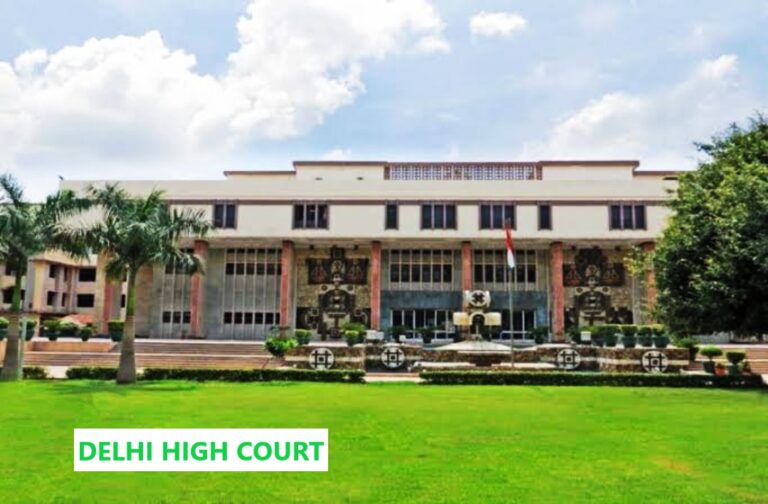Delhi High Court upholds Constitutional Validity of GST Anti-Profiteering Provisions
Constitutional validity of Anti-Profiteering Provisions: In a significant development, the Delhi High Court, led by Acting Chief Justice Manmohan and Justice Dinesh Kumar Sharma, has affirmed the constitutional validity of the anti-profiteering provisions embedded within the Goods and Services Tax (GST) Act. This decision comes after a slew of petitions were filed by more than 100 companies, including notable names like Hindustan Unilever Ltd., Patanjali Ayurved Ltd., Jubilant Foodworks Ltd., and Phillips India Ltd.
The court, in its ruling, underscored the importance of Section 171 of the GST Act, which mandates that any benefits arising from tax reductions must be passed on to consumers through a corresponding reduction in prices. This provision is viewed as a crucial consumer welfare measure, introduced in the public interest.
Empowered by GST Council recommendations, the central government can establish an authority with defined powers to assess compliance. This authority is tasked with ensuring that businesses adhere to the mandate of reducing prices in line with tax cuts. Non-compliance could lead to a penalty amounting to 10% of the profiteered sum. However, entities can avoid penalties by promptly depositing the profiteered amount within 30 days.
While the detailed order from the Delhi High Court is still awaited, legal experts anticipate a potential appeal from the companies involved in the Supreme Court against this verdict affirming the validity of anti-profiteering provisions of GST. Gunjan Prabhakaran, a partner at BDO India, noted in a media statement that the judgment’s analysis should extend to various legal aspects, including the methodology employed for calculating profiteering.
This decision reinforces the government’s commitment to ensuring that the benefits of tax reductions reach consumers, promoting transparency and fairness in the business ecosystem. As the implications of this verdict unfold, businesses are advised to stay informed and comply with the anti-profiteering measures outlined in the GST Act.
To Know about Treatment of Credit Note in GST CLICK HERE
Also read
DGGI Officers don’t Have any Special Power or Privilege Compared to State GST officers: Jharkhand HC

Wow superb blog layout How long have you been blogging for you make blogging look easy The overall look of your site is magnificent as well as the content
Ive read several just right stuff here Certainly price bookmarking for revisiting I wonder how a lot effort you place to create this kind of great informative website